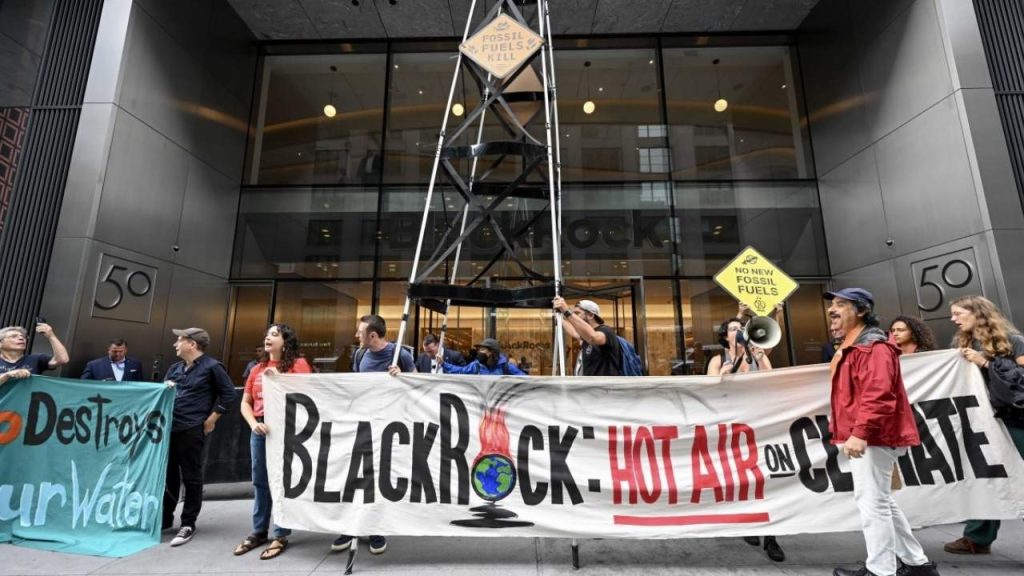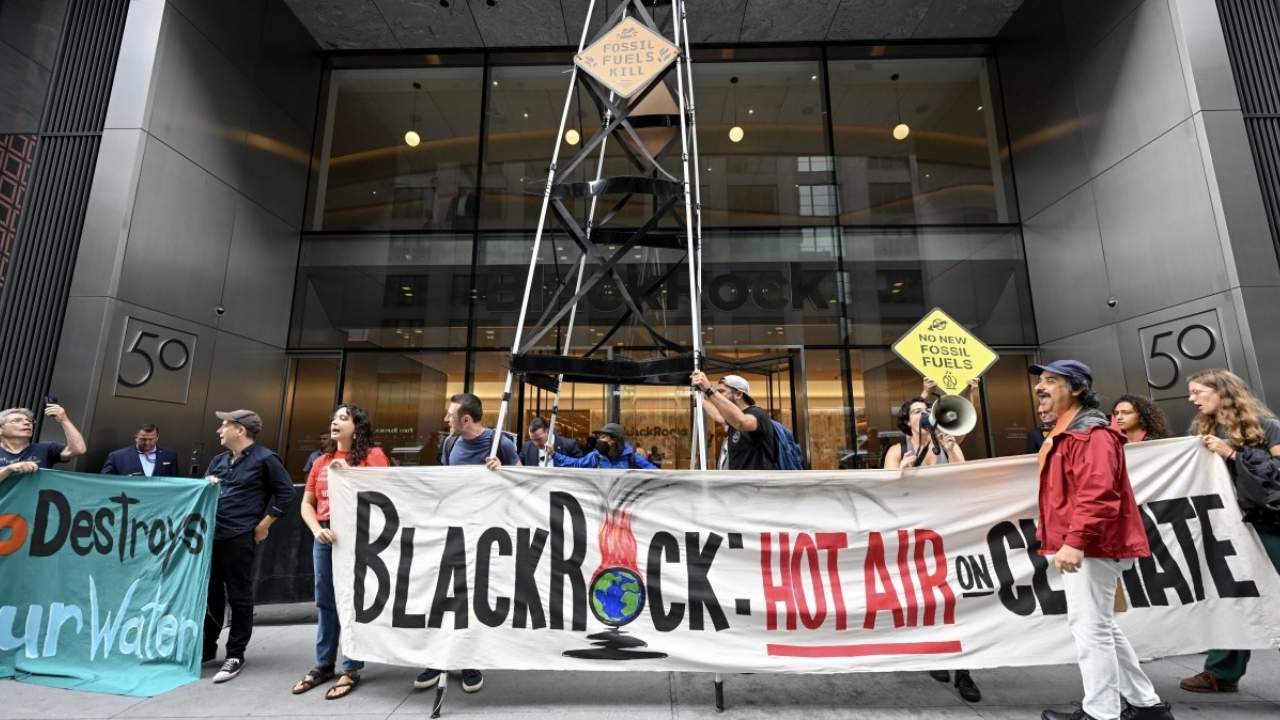One of Europe’s largest pension funds, PFZW, is divesting approximately €15 billion ($17 billion) from BlackRock, the world’s largest asset manager. The Dutch fund cited what it described as the American firm’s inadequate action in representing its interests as a shareholder on climate change, a significant development in the stalled BlackRock Dutch pension deal.

BlackRock Just Lost a $17 Billion Deal
| Key Fact | Detail / Statistic |
| Who & What | Dutch pension fund PFZW is divesting ~€15bn ($17bn) from BlackRock. |
| Why | PFZW states BlackRock’s voting on climate resolutions is insufficient to meet climate transition goals. Reuters |
| Total Fund Size | PFZW manages over €238 billion in assets for the Dutch healthcare and welfare sector. |
| Broader Impact | The decision signals growing pressure on asset managers over ESG investing commitments. Financial Times |
PFZW Demands Stricter Climate Stewardship
The Dutch pension fund for the healthcare and welfare sector, Pensioenfonds Zorg en Welzijn (PFZW), announced the decision after what it called years of unsuccessful engagement with BlackRock. In a statement, PFZW explained that as a major shareholder, it expects asset managers to use their influence to encourage companies to make a transition consistent with the Paris Agreement on climate.
According to PFZW, BlackRock has not adequately fulfilled this role. “After a long period of engagement, this has not led to the desired result,” a spokesperson for the fund explained. The core of the issue lies in how BlackRock votes on behalf of its clients at the annual general meetings of companies in which it invests, particularly on shareholder resolutions demanding more robust climate action.
The Core of the BlackRock Dutch Pension Deal Dispute
For institutional investors like PFZW, an asset manager’s voting record is a critical measure of its commitment to environmental, social, and governance (ESG) principles. PFZW concluded that BlackRock’s voting patterns did not align with its goal of a climate-neutral investment portfolio by 2050. The divestment primarily affects mandates for index-tracking funds, a segment where BlackRock is a global leader.

The move by PFZW is one of the most significant divestments from a single asset manager by a pension fund on ESG grounds. It underscores a growing trend where large European investors are moving beyond dialogue and taking financial action against asset managers they deem to be lagging on sustainability issues, particularly the climate transition.
BlackRock’s Position and Industry Response
BlackRock has consistently defended its approach to stewardship, stating its primary fiduciary duty is to maximise long-term financial returns for its clients. The firm argues that it engages extensively with companies on climate risk and offers clients a wide range of sustainable investment options, including funds that specifically exclude fossil fuels.
In a statement responding to similar criticisms, BlackRock has previously noted, “We provide our clients choice in how they want to invest, including the largest suite of sustainable investment products on the market.” The asset manager faces a complex political landscape, drawing criticism from climate activists for not being aggressive enough, while simultaneously facing backlash from politicians in the United States for allegedly prioritising ESG investing over financial performance.
Tired of Tax Season Stress? UK Users Say This 2025 Software Is a Total Game-Changer
A Growing Trend for Institutional Investors
The decision by PFZW is not an isolated event. It reflects a wider European movement among pension funds and institutional investors to hold asset managers more accountable for their stewardship activities. Organisations like ShareAction, a non-profit that promotes responsible investment, have published reports ranking asset managers on their ESG voting records, increasing transparency and pressure.
This trend is forcing global asset managers to re-evaluate their engagement strategies and demonstrate tangible results. The financial weight of these pension funds gives them considerable leverage to influence the policies of firms like BlackRock, which manage trillions of dollars on behalf of millions of people worldwide.
The divestment from BlackRock will be executed in phases to ensure a responsible transition of assets. While the €15 billion represents a fraction of BlackRock’s more than $10 trillion in assets under management, the reputational impact is significant. According to an analyst from a European investment bank, “This is a clear signal to the entire asset management industry that major clients are now willing to walk away if stewardship commitments are not met with concrete action.”





